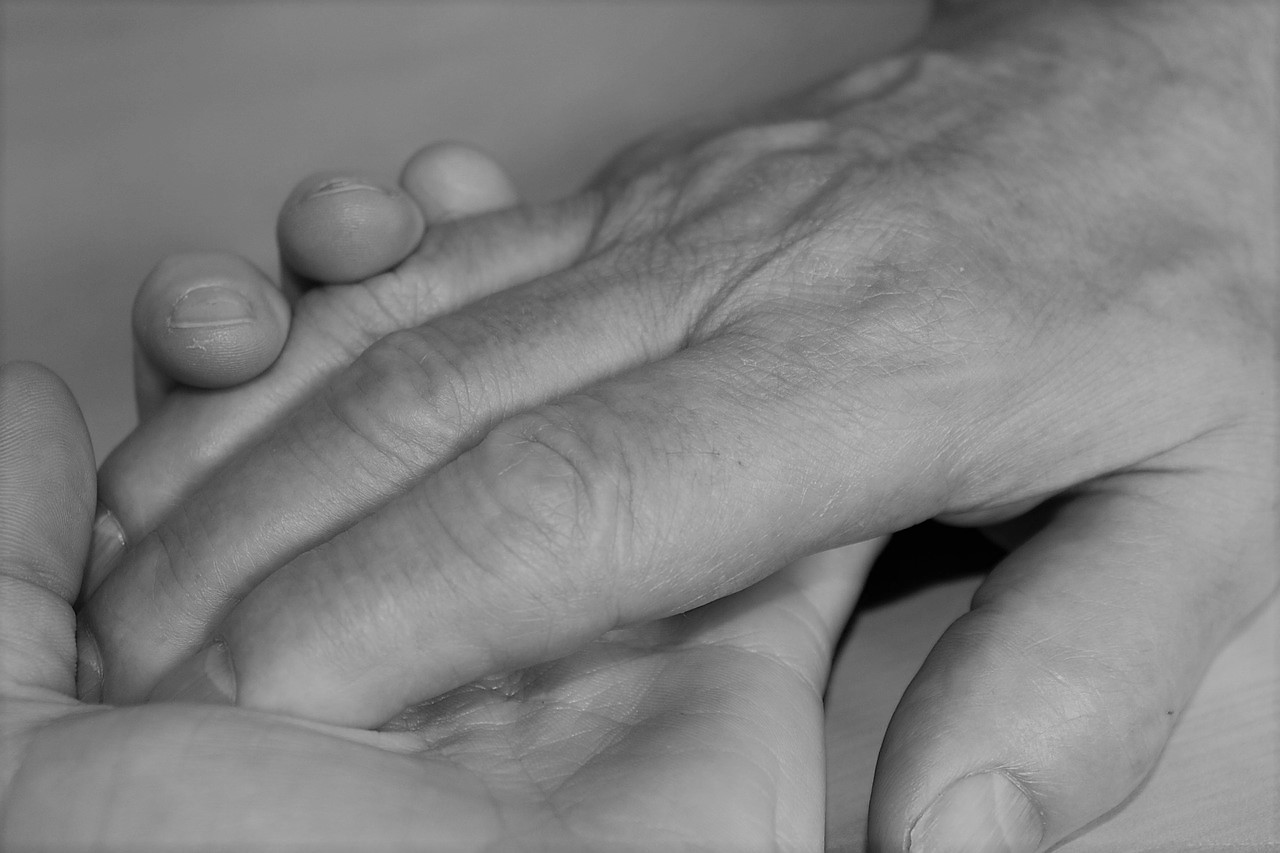What is the responsibility of those with power? Do they merely
have an obligation to refrain from the misuse of that power? Or
do they have a duty to protect those without it?
—Jennifer Walters
These are the very first lines of dialogue spoken by the character Jennifer Walters in the series She-Hulk: Attorney at Law. They echo words attributed to many others. In 1793, the French National Convention declared “they must recognize that great responsibility follows inseparably from great power.” In 1854, the Rev. John Cumming stated that “wherever there is great power, lofty position, there is great responsibility.” Winston Churchill, in 1906, asserted in Parliament that “where there is great power there is great responsibility.” And, of course, this ideal appears in the Spiderman comics and adaptations: “With great power comes great responsibility.”
Jen’s invocation of this moral ideal, however, is distinct from these other versions. Of the versions quoted, none of them tell you anything about the nature of responsibility. Each of these simple versions are consistent with a minimalist moral code instructing merely ‘do no harm.’ In other words, just saying you have responsibility may only invoke obligations of non-maleficence. This is the gist of Jen’s second question about refraining from misuse of power. But Jen’s third question explicitly suggests something missing in all these other versions, namely, that there is an obligation of beneficence, a duty to help those without power.
This inclusion of a responsibility to benefit others may strike some as odd. In the United States, we have a strong tradition of only recognizing negative responsibilities.
Negative responsibilities are those that require we avoid performing harmful actions. This is often expressed as an expectation that we not interfere in the lives of others. For example, our notion of property rights includes the negative responsibility to refrain from stealing or destroying someone else’s belongings. Similarly, our conception of liberty tends to be understood as merely negative: in order for me to exercise my freedoms to life, liberty, property, and the pursuit of happiness, other people and institutions must refrain from creating obstacles to my exercise of those freedoms. It is a rare exception to these cultural understandings that we have any positive moral, political, or legal responsibilities.
A positive responsibility is an expectation that my actions will go beyond mere non-interference.
A negative right to life merely means I should not be causally involved in your demise. But, a positive right to life would require, if I am able with little or no chance to harm myself, to help you when your life is threatened.
A common example to make this point is to consider the situation where you walk by a fountain and notice that a person is face down in the water unconscious. If we only have negative rights, it is morally permissible to walk by without trying to help the unconscious person, even if they die as a result. The only requirement is that we do not act in a way that puts the unconscious person in a life-threatening situation, say, placing an unconscious person face down in the water. If, however, we have a positive right to life, I can’t just walk by and do nothing. If I am physically capable of lifting the person out of the water and have a phone to call 911 for additional help, then I must do both.
It might surprise some to know that each of the three major ethical traditions – consequentialism, Kantianism, and virtue ethics – all seem to recognize some form of a requirement to benefit others. Consequentialism, of course, focuses on whether your actions create the best outcomes, and thus often require that you benefit others. But Kantianism also has a requirement of beneficence. It is one of the examples of an imperfect duty to others mentioned in the Groundwork of the Metaphysics of Morals. Imperfect duties provide leeway in terms of how the responsibility is discharged, but benefiting others is nevertheless a duty for a Kantian. Virtue ethicists of the Aristotelian variety include benevolence as an important moral virtue. Developing this virtue requires acting beneficently. So, it seems as if we have a requirement to perform beneficial actions, either because of moral rules or because performing them will develop an important moral virtue.
But now, something odd comes up. There is general agreement that we have positive obligations to benefit others when we can. This is an important element in realizing that there might be a paradox of heroism.
We often hear in superhero narratives that part of being a hero is recognizing the moral duty of beneficence, namely, that they must use their powers to help others. However, it is also the case that part of being a hero is acting in ways that go beyond the expectations of duty.
Such actions are called supererogatory actions. They are permissible actions but not required. But, if these two statements—a duty of beneficence and the performance of supererogatory actions—describe two individually necessary conditions for being a hero, can there actually be heroes, super or otherwise?
The duty of beneficence might eliminate the possibility of supererogatory actions. If one only has a negative duty to refrain from hurting others, then there is a large class of permissible but not obligatory actions – the supererogatory – that we can perform. As just indicated, heroism seems to require that there is such a class of actions because a hero is someone who performs these actions that benefit others, and are permissible but not obligatory. But, if heroes also have a positive duty to benefit others – to help others when we can do so – then it is unclear whether there is any type of action that is permissible but not obligatory: due to human limitations in terms of self-sufficiency, She-Hulk, Captain Marvel, and the rest of the MCU characters would be obligated to help anyone near them with no opportunity for doing something supererogatory.
Quite frankly, each of us, superhero or not, seem to have that obligation. But then supererogatory actions define a category that is empty — there are no possible supererogatory actions. This, in turn, means that it is impossible to meet both requirements of being a hero.
If this is correct, how are we to make sense of our esteem for She-Hulk or any superhero? Jen doesn’t have a moral choice in the matter of whether to be a heroic She-Hulk. The larger community has enforceable expectations of her now that she has power. This is the point of Bruce, in what seems to be a throwaway comedic moment, explaining that the moniker ‘Smart Hulk’ was not his choice, but a decision made by the community that he must accept. Similarly, the obligation to benefit others with her Hulk powers is also not Jen’s choice.
Jen tries to reclaim that freedom to be something other than a Hulk. She literally states “I didn’t want to be a Hulk” and “I’m not gonna be a superhero.” Instead, she is going to choose “to help people in the way that [she] always wanted to,” as a lawyer in a District Attorney’s office prosecuting those who prey on the vulnerable. Kantianism, with the idea that imperfect duties can be discharged through many different types of actions, might initially agree with this, and thus recover the supererogatory. Jen has to benefit others. But can she meet this requirement by merely being a good lawyer?
It doesn’t appear to be possible. Despite Jen’s attempt at living a normal life, and her claim that she was right to believe that she never has to be a Hulk, we quickly learn that this isn’t true. Bruce Banner’s predictions come to pass. He points out that the appearance of the Sakaraan Class-8 Courier craft isn’t really an accident. It is just another instance of the rule that when you are a Hulk, “weird stuff just kinda finds you.” How better to explain the event of Titania interrupting Jen’s closing arguments. With the arrival of Titania, Jen immediately accepts Bruce’s prediction that she is now a superhero. With a courtroom of non-Hulks and the arrival of enhanced individuals, Jen Hulks-out and protects everyone in the courtroom. Thus, she answers the rhetorical question of her closing argument: those with power have a duty to help those without power.
She has that duty. She accepts that duty. She acts in accordance with that duty. She chooses to do so because she has free will. But that is not a choice of supererogatory behavior; it is merely a choice to follow the minimum requirements of morality.
Jen acts beneficently; the moral choice is an obligation, and not supererogatory. She is not acting like a super hero.
But she is acting like a moral exemplar. In other words, she is someone who understands the moral expectation placed upon her, recognizes the possibility that she does not have to meet those expectations even in a minimal way, and yet chooses to meet those expectations anyway.
And often, even the minimal expectations, especially in terms of benefiting others, are quite demanding. Many of us fail, regularly, to meet those minimal moral demands.
Hopefully, we are all trying to better recognize them and choose to become better. Moral exemplars, then, are people to admire and aspire to be.
And that should be enough. Whether or not it is even possible to be a superhero, it is possible to be a moral exemplar. Furthermore, no one, not even our favorite fictional characters, need to be perfect – what Susan Wolff derisively calls moral saints – to be moral exemplars. We just need to make choices that help us each become a bit more like these exemplars, a bit more consistent with our moral ideals. And if Jennifer Walters’ narrative arc plays out this way and she heeds the call of beneficence, she will be worthy of our esteem, and maybe that’s what it truly means to be a superhero.


